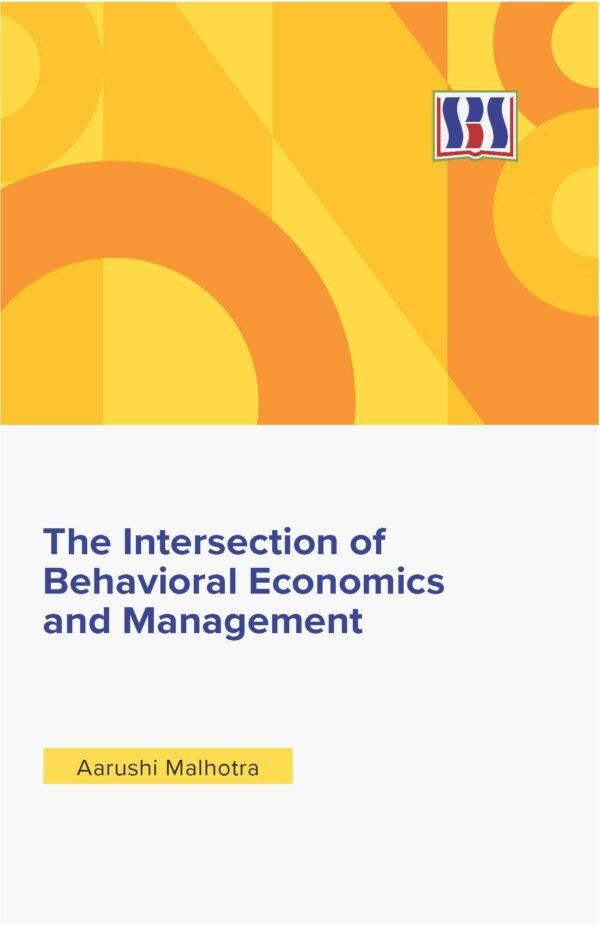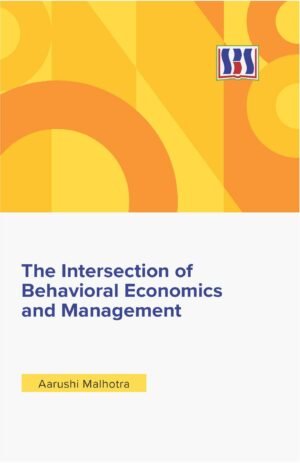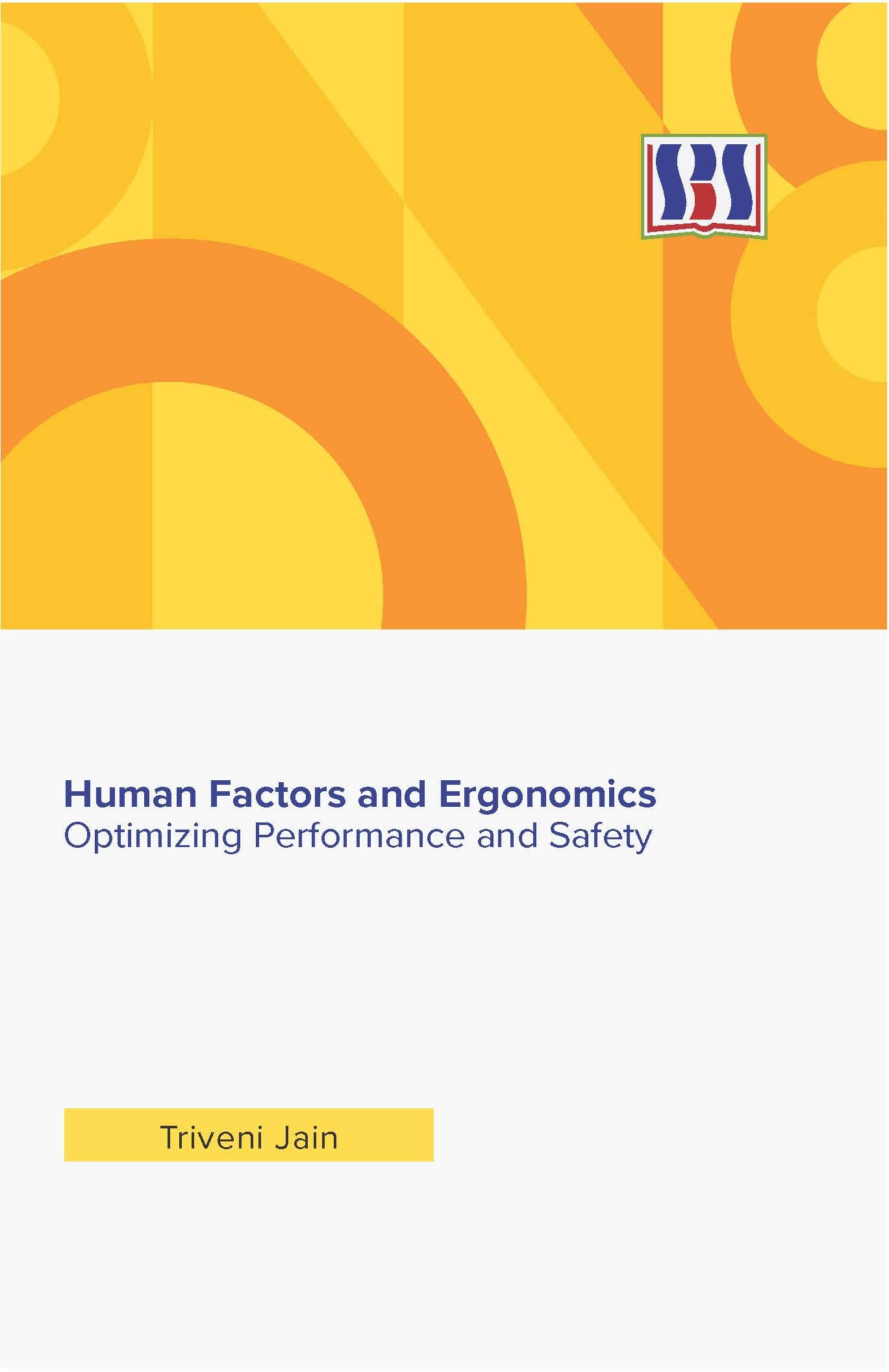Books


The Intersection of Behavioral Economics and Management
0 out of 5
₹845.00
- ISBN Number: 9789368648291
- Author: Aarushi Malhotra
- Binding: Paperback
- Publication Year: 2025
- Pages: 293
Category: Management
Need Help? Chat with an Expert
Shipping to all Over World
100% Genuine and Original Books
Online Support 24/7
Secure Payment
Overview
Why do people sometimes make choices that seem irrational, even in economic or managerial settings? This book explores the fascinating field of behavioral economics, moving beyond traditional assumptions of perfect rationality to understand the real-world complexities of human decision-making.
The Intersection of Behavioral Economics and Management bridges the gap between economics and psychology, revealing how cognitive biases, emotions, and other psychological factors shape our economic and managerial choices. From foundational concepts and historical context to key theories like heuristics, biases, and prospect theory, this book provides a structured and accessible overview. Discover the practical applications of behavioral insights in areas like finance, consumer behavior, organizational management, and public policy, offering a fresh perspective on how and why decisions are made.







